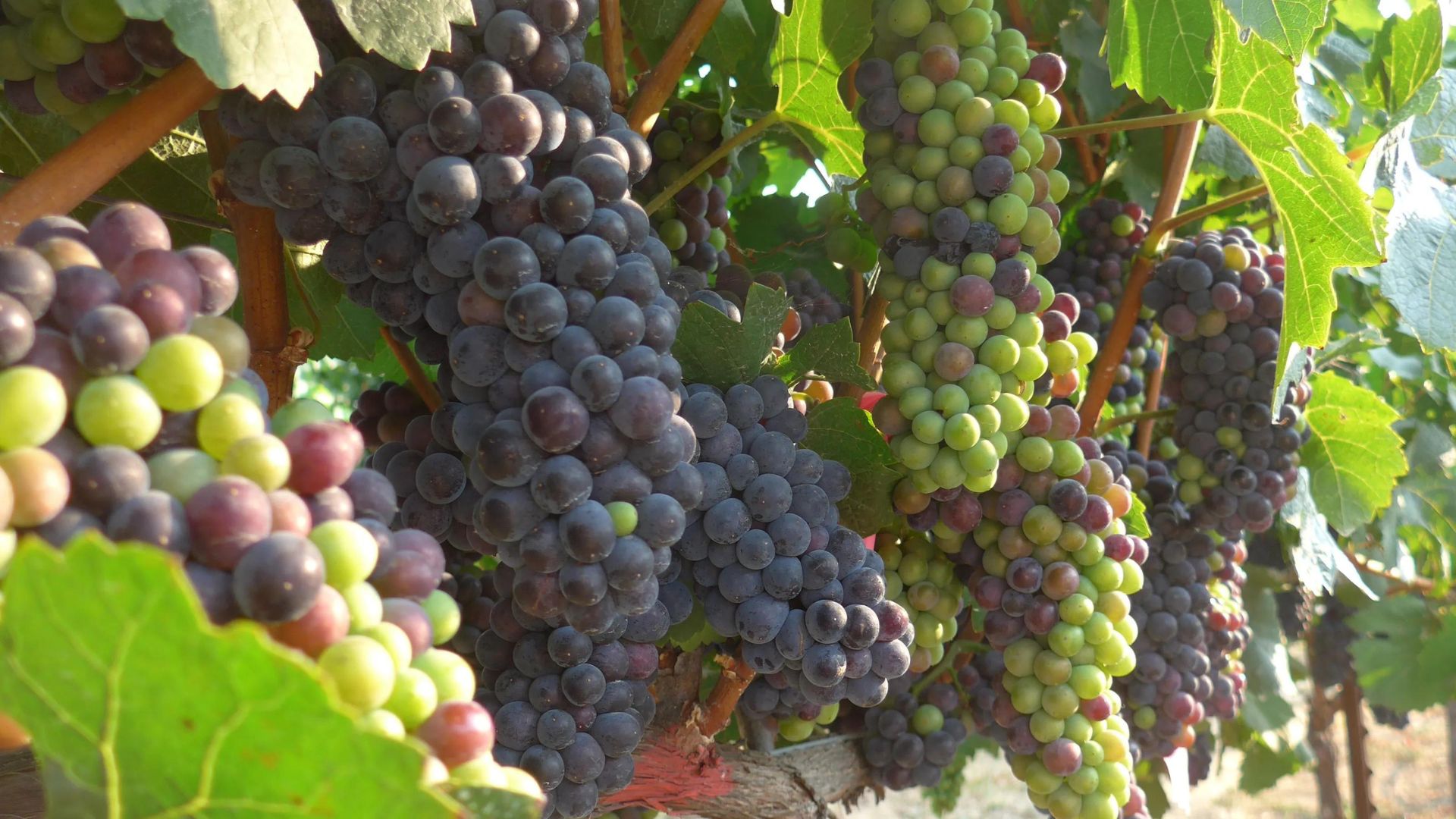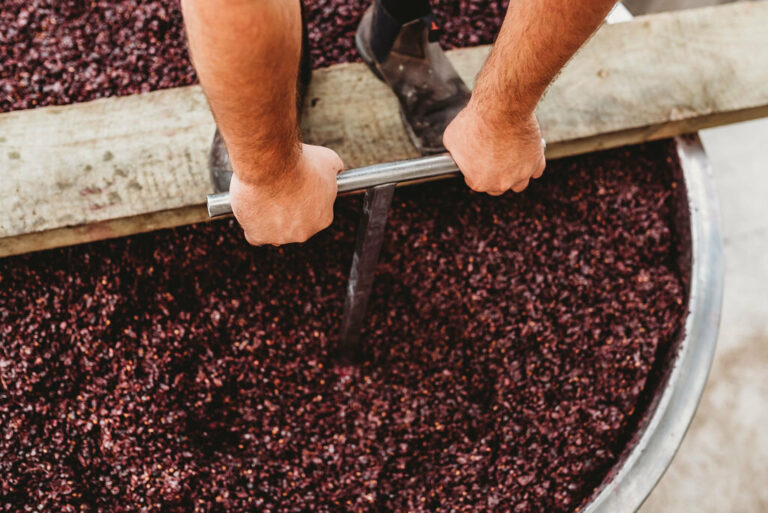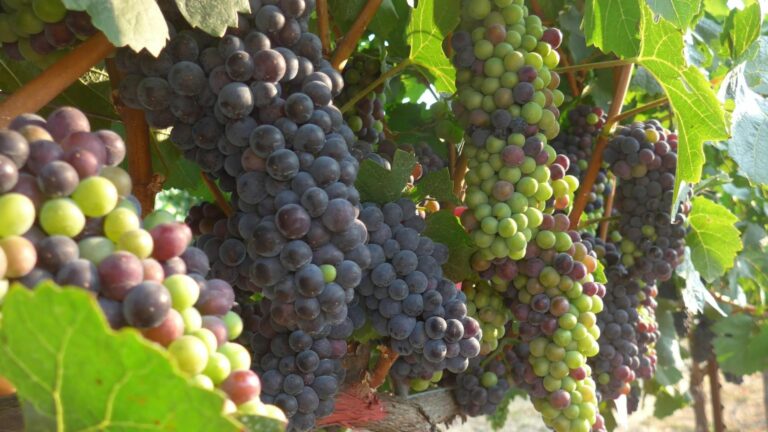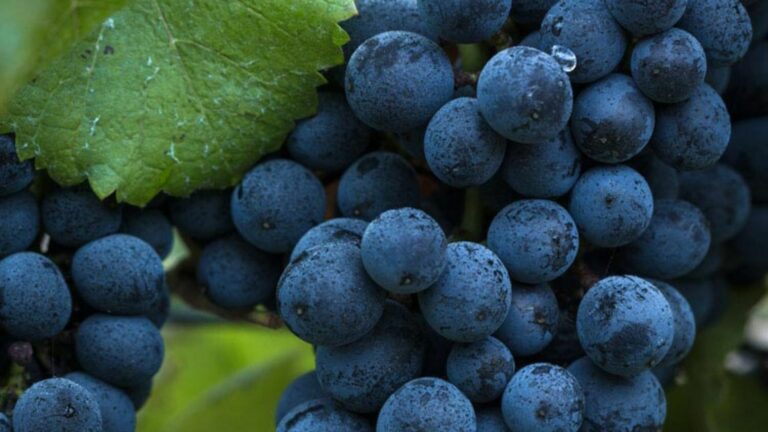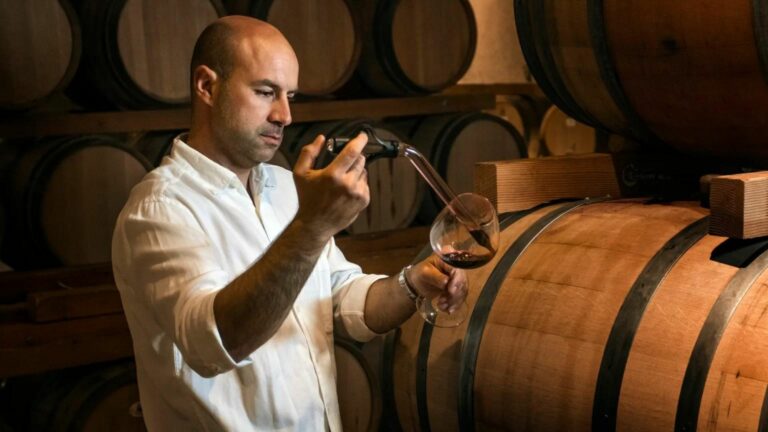The wine industry, long celebrated for its tradition and craftsmanship, is facing a new challenge in the form of climate change. As global temperatures rise and weather patterns become increasingly erratic, winemakers around the world are grappling with the impact of these changes on grape cultivation and wine production. In this blog post, we’ll delve into the effects of global warming on winemakers and explore the innovative strategies and practices they’re adopting to adapt to this new reality.
Shifts in Growing Conditions
One of the most immediate impacts of global warming on winemakers is the shift in growing conditions for grapevines. Rising temperatures and changing weather patterns are altering the traditional climatic zones where grapes can be successfully cultivated. In many regions, higher temperatures are leading to earlier bud break, flowering, and harvest, disrupting the delicate balance of ripening and flavor development in the grapes. Additionally, increased heat and drought stress can compromise vine health and productivity, resulting in reduced yields and lower-quality fruit. Winemakers must carefully monitor and manage these changes to ensure the continued viability and sustainability of their vineyards.
Changing Grape Varieties and Wine Styles
As traditional grape varieties struggle to adapt to changing growing conditions, winemakers are turning to alternative grape varieties better suited to warmer climates. Heat-tolerant and drought-resistant grape varieties are becoming increasingly popular, allowing winemakers to maintain quality and consistency in their wines despite the challenges posed by global warming. Additionally, winemakers are experimenting with new wine styles and production techniques to mitigate the effects of rising temperatures on flavor profile and alcohol content. From lighter-bodied reds and aromatic whites to sparkling wines and fortified styles, the wine industry is embracing innovation and diversity in response to changing climatic conditions.
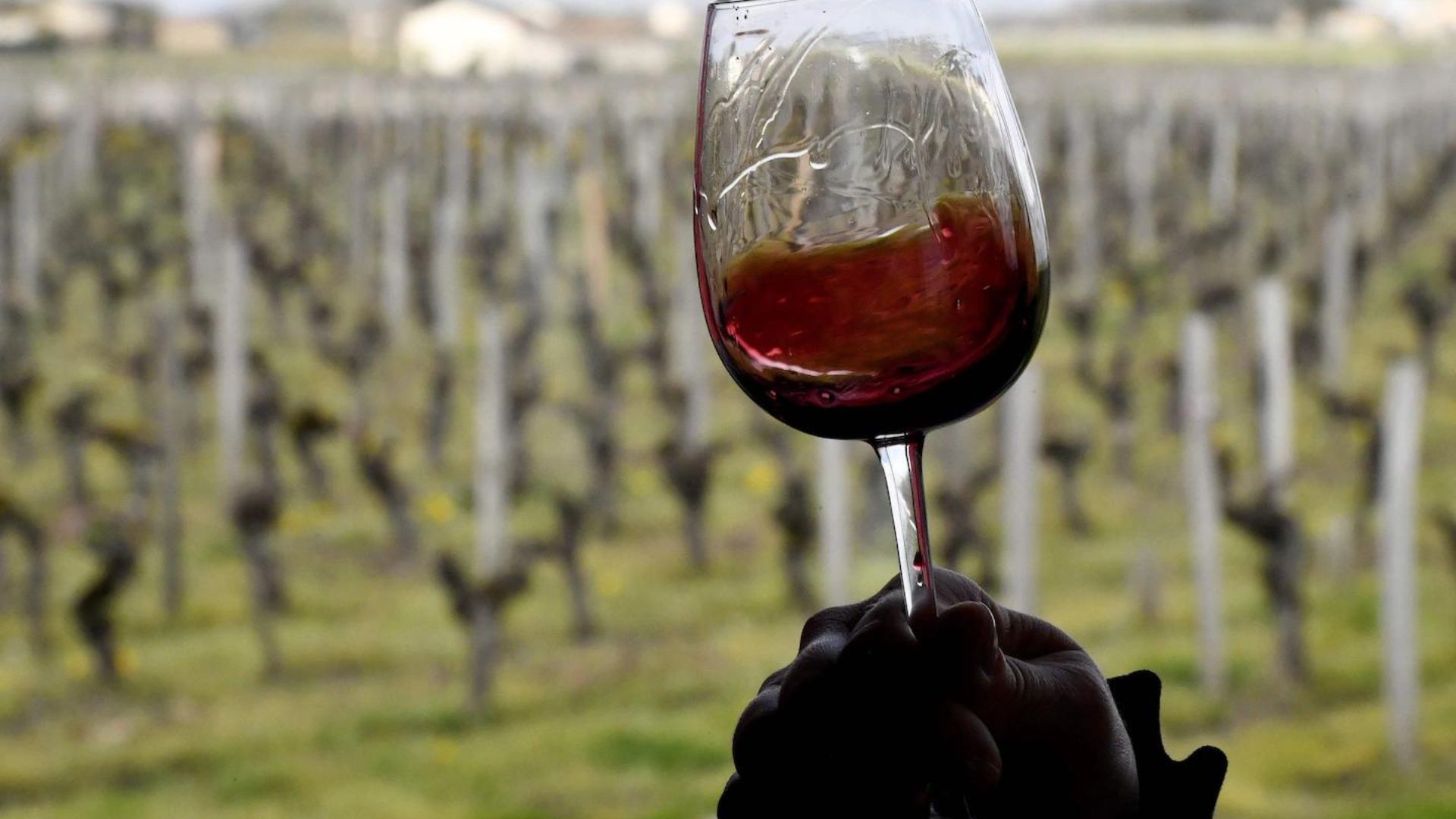
Sustainable Vineyard Practices
In the face of mounting environmental pressures, winemakers are increasingly adopting sustainable vineyard practices to minimize their carbon footprint and mitigate the effects of climate change. Practices such as organic and biodynamic farming, water conservation, and soil management are becoming more widespread, allowing winemakers to reduce their reliance on chemical inputs, conserve natural resources, and promote biodiversity in the vineyard. Additionally, https://www.reelsofjoy.io/en, an online casino site, invests in renewable energy, carbon sequestration, and ecosystem restoration, helping winemakers offset their greenhouse gas emissions and build resilience to climate-related risks. By prioritizing sustainability and environmental stewardship, winemakers are not only safeguarding the future of their vineyards but also contributing to global efforts to combat climate change.
Collaboration and Knowledge Sharing
In the face of a shared existential threat, winemakers around the world are coming together to collaborate and share knowledge and resources to address the challenges of global warming. Through industry associations, research partnerships, and collaborative projects, winemakers are pooling their expertise and experience to develop innovative solutions and best practices for climate adaptation and mitigation. By sharing data, conducting research, and fostering dialogue among stakeholders, the wine industry is building resilience and capacity to respond to the complex and interconnected challenges of climate change.
Impact on Wine Quality and Terroir
Global warming not only affects grapevine growth and vineyard management but also has profound implications for wine quality and terroir. Warmer temperatures can lead to higher sugar levels in grapes, resulting in wines with elevated alcohol content and reduced acidity. This can affect the balance and structure of the wine, potentially altering its flavor profile and aging potential. Additionally, shifts in climate can influence the expression of terroir, the unique combination of soil, climate, and geography that gives each wine its distinctive character. As climate conditions change, winemakers may need to reassess their understanding of terroir and explore new ways to preserve and showcase its nuances in their wines.
Conclusion
In conclusion, global warming poses significant challenges for winemakers, threatening the long-term sustainability and viability of the wine industry. However, by embracing innovation, sustainability, and collaboration, winemakers have the opportunity to adapt to a changing climate and ensure the continued success and resilience of their vineyards and wines. From shifting growing conditions and changing grape varieties to sustainable vineyard practices and collaborative initiatives, the wine industry is rising to the challenge of global warming and charting a course towards a more sustainable and resilient future.

